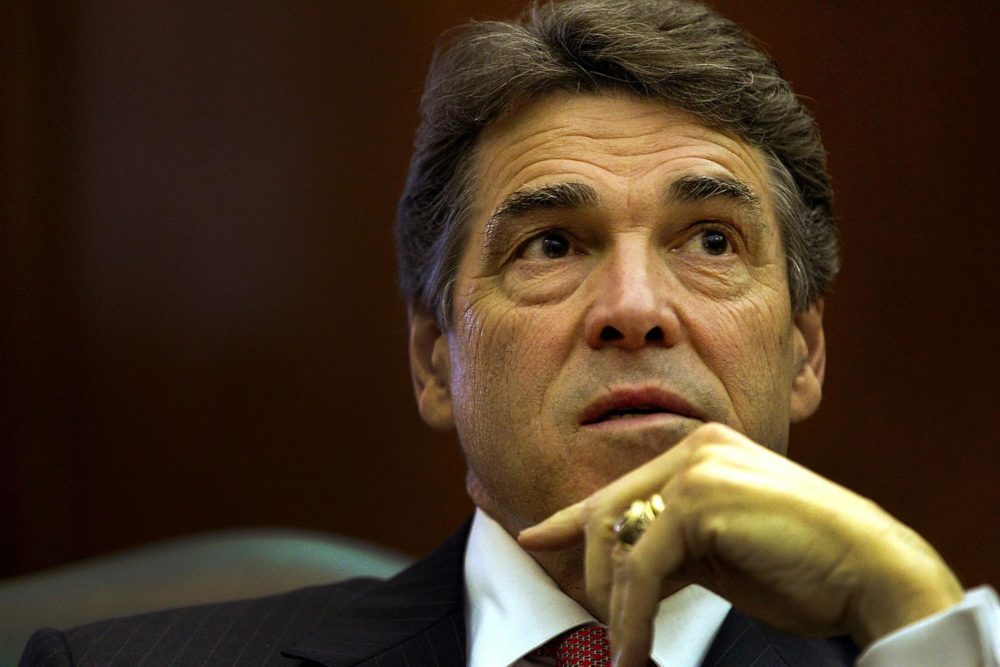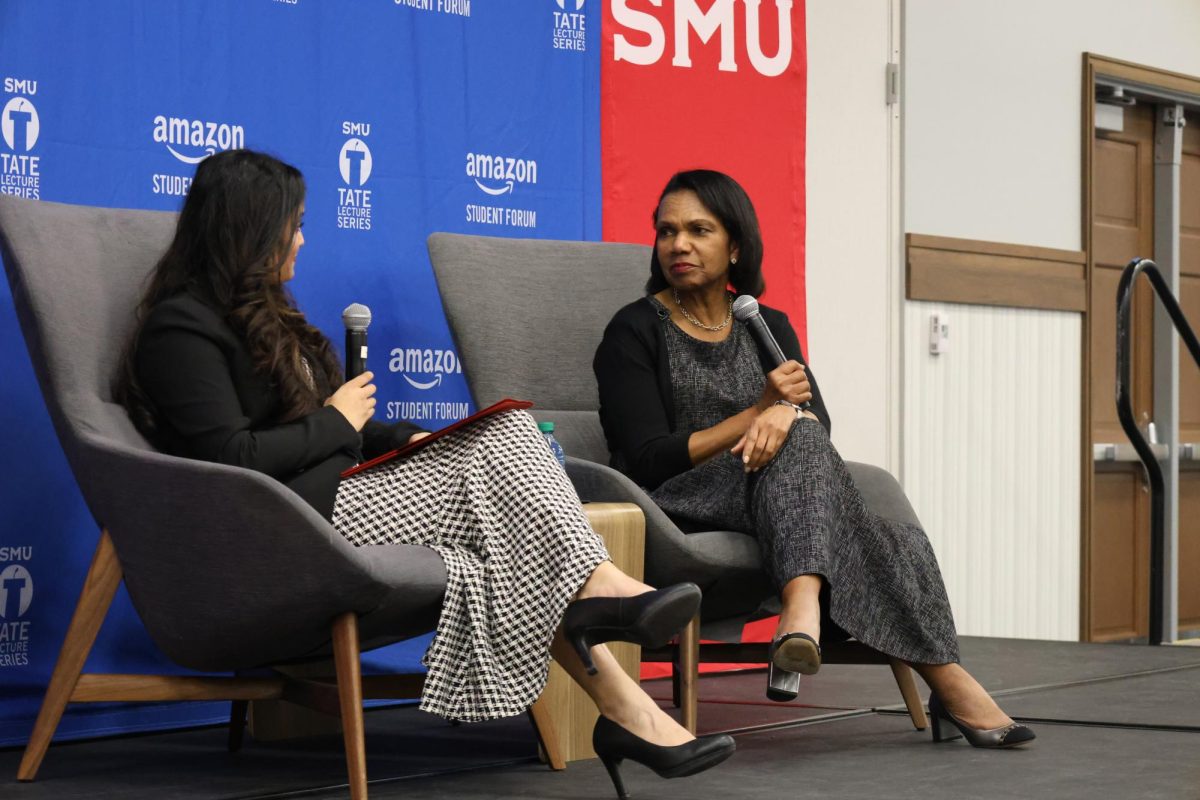
Gov. Rick Perry hopes to push through a law that would require voters to show proof of identification before voting. Perry claims that this method would reduce voter fraud around the state. (Associated Press)
Rick Perry has not turned into a lame duck governor after his failed run for the Republican presidential nomination.
The governor criticized the Justice Department’s decision to block a law that would have required Texas voters to present government-approved IDs in order to vote.
Proponents of the law say that it will help limit voter fraud and increase transparency in elections.
“During the testimony that was in front of the Texas legislature this last session, we had multiple cases where voter fraud was in various places across the state,” Perry said to FOX News on Friday.
“I think any person who does not want to see fraud believes in having good, open, honest elections. One of the best ways to do that is to have an identification so that you prove who you are and you keep those elections fraud-free.”
For Perry’s administration, the issue also boils down to one of states rights.
Angered by the Justice Department’s intrusion on Texas politics, Perry vowed to fight for the voter ID law all the way to the Supreme Court.
“We are going to have to spend a lot of money and time defending our right to make sovereign decisions from this administration,” Perry said in the same FOX News interview.
But the Justice Department stated in its decision last week that the issue was one of civil rights by stating that the law failed to prove “that the proposed changes have neither the purpose nor the effect of denying or abridging the right to vote on account of race or color or membership in a language minority group.”
Minority activists argue that the law might prevent Hispanics and other racial minorities from voting.
“More than 15 percent of Hispanics do not carry the forms of identification required by this law,” Abigail Olvera, a politics major at the University of Richmond, said. “It would severely limit minority participation and help Republicans unfairly win elections.”
Republicans from across the nation are questioning the motives of the Justice Department while liberal-leaning organizations are garnering support from multiple sources.
The United Nations Human Rights Council is currently investigating the legitimacy of American voters laws in Geneva, Switzerland.
The Texas voter ID law is having some of the same fractious effects at SMU.
“It’s not the Justice Department’s place to block a state issue. State-issued ID’s are required to drive, purchase alcohol, and get on a plane, so they should be required in order to cast a vote to determine this country’s political future,” Zane Cavender, a Republican and SMU sophomore, said.
Many SMU students agree, however, that more should be done to incorporate Hispanics into the election process.
“Steps ought to be taken to ensure that more Hispanic voters obtain forms of identification so that they can vote,” William Warren, a first year, said. “But, the law itself improves the integrity of the election process.”
The debate over the voter ID law represents a larger clash between Republicans and Democrats over other issues.
“Our country is becoming more and more partisan and a lot of it is centered around how much power states should have,” Josh Bakarich, a first year, said. “Issues like this will determine who wins the battle.”















